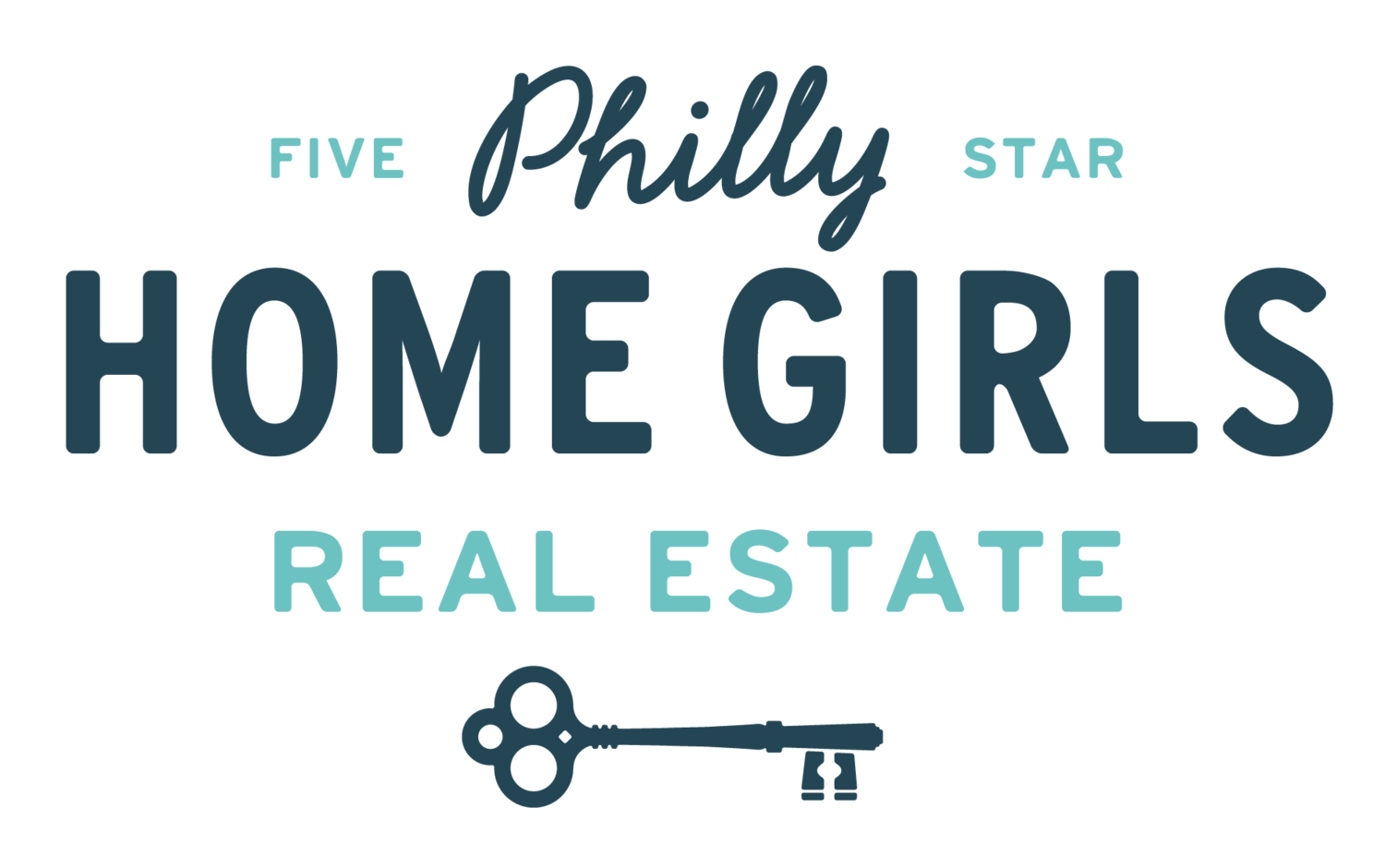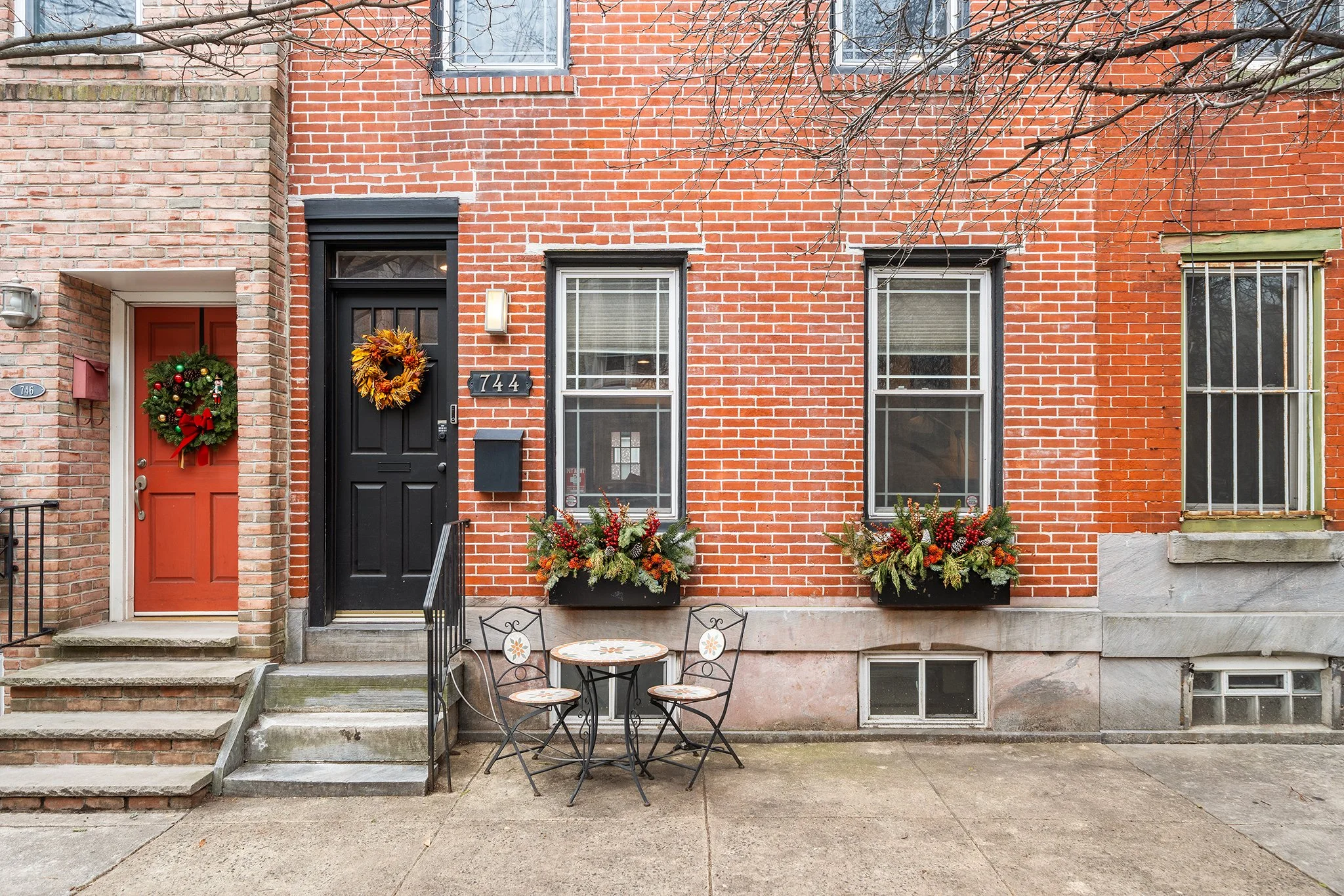There are three times you need to be aware of the possibility of getting hit with capital gains tax. When you sell your primary residence for a large profit, when you are considering converting your primary residence into an investment property, and when you are building your investment portfolio.
Full disclosure, we are not tax advisors. Get yourself a good one, who you can ask as many questions without hesitation. We can however help you understand capital gains taxes in a nutshell. You’ll know some of the terminology and questions to ask when you sit down with your savvy and knowledgeable Tax Accountant or Advisor.
What is capital Gains Tax?
Capital Gains Tax is applied to the “gain” you make on the sale of a home. Cap gains, as they are called in the biz, always apply to second homes and investment properties. Your primary residence usually does NOT get tangled in capital gains taxes, except if your gain is more than $250,000 as a single owner or more than $500,000 for a married couple filing jointly.
The gain is the profit you make from selling the property. For example, if you bought your home for $320k and are selling it for $400k that would be an $80k gain. Note that there are line items such as closing costs, commissions, improvements, and depreciation that may adjust that final gain calculation. That's where your tax accountant can help you understand your actual bottom line.
There are two capital gain tax rates to be aware of, Federal and State. The Federal rate is based on your tax bracket and depending on your income can be either 15% or 20%. Pennsylvania has an additional 3.07% (2022).
Be Prepared to Cash Flow Long Enough to Beat Cap Gains
You are looking to move up into a bigger home and your current primary residence would make a great rental. Before you become a landlord, sit with your Realtor and tax accountant to make sure the figures make sense.
The government allows a grace period before capital gains taxes come into play. As long as you have lived in the home as your primary residence for two years out of the last five, you can sell your home without paying capital gains taxes. It doesn't need to be a consecutive timeline. Once you’ve been absent for 25+ months out of the last 60, your property is considered a taxable investment.
Many homeowners choose to rent the property out to make a little cash flow and pay down the principal on their mortgage during this two-year period without considering the maintenance, management, and cost of repairs. The risk if the timing isn’t perfect, is that capital gains tax eats up the profit.
For example, You bought the property for $320k. You plan to rent it for $2300 a month. After the monthly mortgage payment, not considering vacancy and repairs, you cashflow $300/ month. Let’s pretend your tenant stays 24 months, you don't have to fix anything or pay for leasing or management, and you pocket $7,200, but during these two years you decide being a landlord is too stressful and you want your equity out of the house so you decide to sell.
Because the two-year capital gains exemption grace period has passed, when you sell you now will have to pay capital gains tax on the difference between what you bought your house for and what you’re selling it for minus expenses. The property's sale price is $400k so capital gains tax will be applied to the $80k gain, less about 13% closing costs on the original purchase and the sale. Let's estimate that your gain is $32,000, and it’s taxed at 19% (Federal and state) which equals $6,080 that is owed. Unless it got offset by depreciation, that $7,200 in rental income, which was taxed at income tax rates, gets neutralized by capital gains tax.
When Your 2-Year Exemption Passed, Now What?
There must be a way to avoid capital gains taxes if so many individuals are investors and landlords. Yes, if you are an established investor you may be deferring capital gains taxes by taking advantage of the 1031 Exchange. Keep in mind that a deferral means that eventually when your original investment is done being rolled into another property and another property, capital gains taxes may be due.
If you are new to investing and can’t shake the urge to become a landlord get familiar with the 1031 Exchange, a tool that allows you to defer the capital gains tax that would otherwise be due when you file your taxes for the year of the sale. We have a whole blog you can read about the ins and outs of how this tax exemption works.
Wait there's more
If you want to dive deeper into the exceptions and rules regarding capital gains tax, here is an excellent Investopedia article to reference. Give us a ring if you would like a Tax Advisor recommendation or if you’d like to sit down with us to discuss your options.










